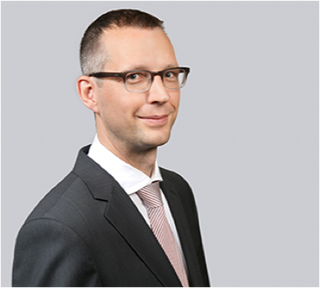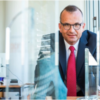New research project at MIPLM: Patent strategies for AI technologies
Artificial Intelligence (AI) and machine learning (ML) systems are no longer niche playgrounds for scientists working in fundamental research. In fact, practical implementations of such systems in real-life applications are already in circulation and are sure to spread further as technology advances (e.g. in terms of the ever-increasing computing power and connectivity). Given the potential of AI and ML systems to revolutionize many aspects of daily life in the not so remote future, it does not come as a surprise that patent applications in the field of AI have been rising exponentially since 2010.
The MIPLM research project is to provide insights into whether – and, if so, in what ways – the current patent law framework poses a challenge for patenting practical applications of AI and ML systems. It further seeks to assess success factors for patenting such practical applications of AI and ML systems. In addition, the relevance of digital business models in this respect will be assessed, the focus being on practices in Europe (EPO) and the U.S. (USPTO).
AI and ML systems require a different approach to any other technology when it comes to patenting, in particular in the context of digital business models. Applicants are currently gaging the metes and bounds of the legal framework, and we may well see legislative initiatives in the future.
 The learnings from this research project may provide insight and guidance for applicants to navigate the current legal framework, and to obtain patent protection for AI or ML systems in the context of digital business models, in particular in terms of patent eligibility, sufficiency of disclosure, and the assessment of obviousness. Another objective is to identify necessities and/or possibilities for legislative initiatives aimed at adapting the legal framework in such a way that it adequately addresses these emerging technologies.
The learnings from this research project may provide insight and guidance for applicants to navigate the current legal framework, and to obtain patent protection for AI or ML systems in the context of digital business models, in particular in terms of patent eligibility, sufficiency of disclosure, and the assessment of obviousness. Another objective is to identify necessities and/or possibilities for legislative initiatives aimed at adapting the legal framework in such a way that it adequately addresses these emerging technologies.
This research project is conducted by MIPLM graduate Dr. Martin Wilming under the supervision of Prof. Dr. Alexander Wurzer and Prof. Dr. Céline Meyrueis, both of CEIPI. Dr. Wilming studied chemistry at Ruhr-University in Bochum, Germany, and obtained his PhD in Bio-organic Chemistry in 2002. In 2007, he completed the Master of Intellectual Property Law and Management (MIPLM) at CEIPI, Université Strasbourg, France. He works as Swiss and European Patent Attorney at a law firm called Hepp Wenger Ryffel AG in Wil, Switzerland, and is a Board Member of I3PM, the international institute for IP management.



